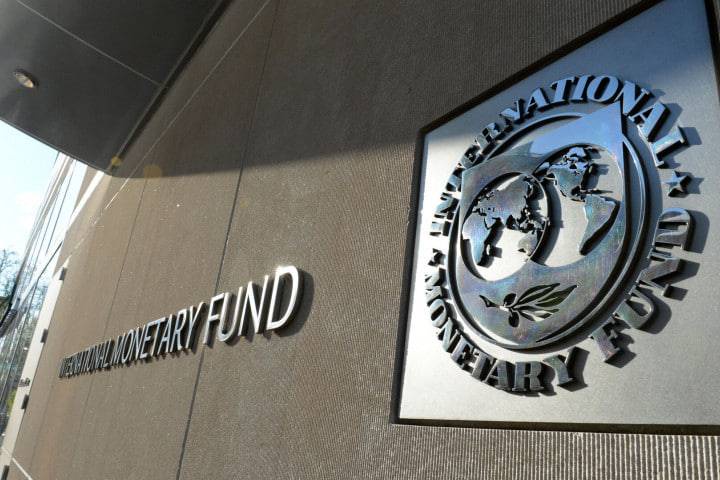As for the forecast for the country's GDP growth for 2024, it has been left unchanged - at the level of 5.5%. The review also notes an improvement in the inflation forecast in Uzbekistan. In particular, instead of the previously estimated 11.8% (April forecast), this year inflation in the country will be 10.2%, and next year it will slow down to 10%.
"At the same time, the IMF does not expect the Central Bank to achieve the inflation target of 5% even by 2028," the publication clarifies.
In addition, according to the fund, in 2023-2024, the deficit of the balance of payments of the republic will amount to 4.3% of GDP and 4.6% of GDP, respectively. The deterioration of expectations for this indicator may be due to a decrease in the volume of cross-border payments to the country and the expansion of the foreign trade deficit.
The World Bank and the Asian Development Bank (ADB) have also improved the forecast of GDP growth in our country in 2023. Thus, in September, the Asian Development Bank raised its forecast for an increase in the republic's GDP to 5.5% from the 5% expected in July, and in October, the World Bank improved its forecast to 5.5% from the 5.1% expected in June. The European Bank for Reconstruction and Development - kept at 6.5%.
At the same time, the Central Bank of Uzbekistan in July maintained the forecast of GDP growth in 2023 at the level of 5-6%. Uzbekistan's GDP grew by 5.6% in January-June 2023, according to Statistics Agency data.
The World Bank estimates that economic growth in Uzbekistan will approach 5.5% in 2023. It may gradually accelerate in the medium term, reaching 5.6% and 5.8% in 2024 and 2025, respectively.
According to the bank's forecasts, the budget deficit will increase to 5% this year due to high spending in the energy sector, higher spending on education, wages, pensions and benefits in the public sector, as well as a decrease in revenue receipts to the budget.
The government is expected to consolidate the budget in the medium term, reducing the budget deficit to 4% of GDP in 2024 and 3.6% in 2025. This will be due to a reduction in tax benefits for state-owned enterprises, a reduction in energy subsidies, as well as an increase in financial revenues from the privatization of state assets.













